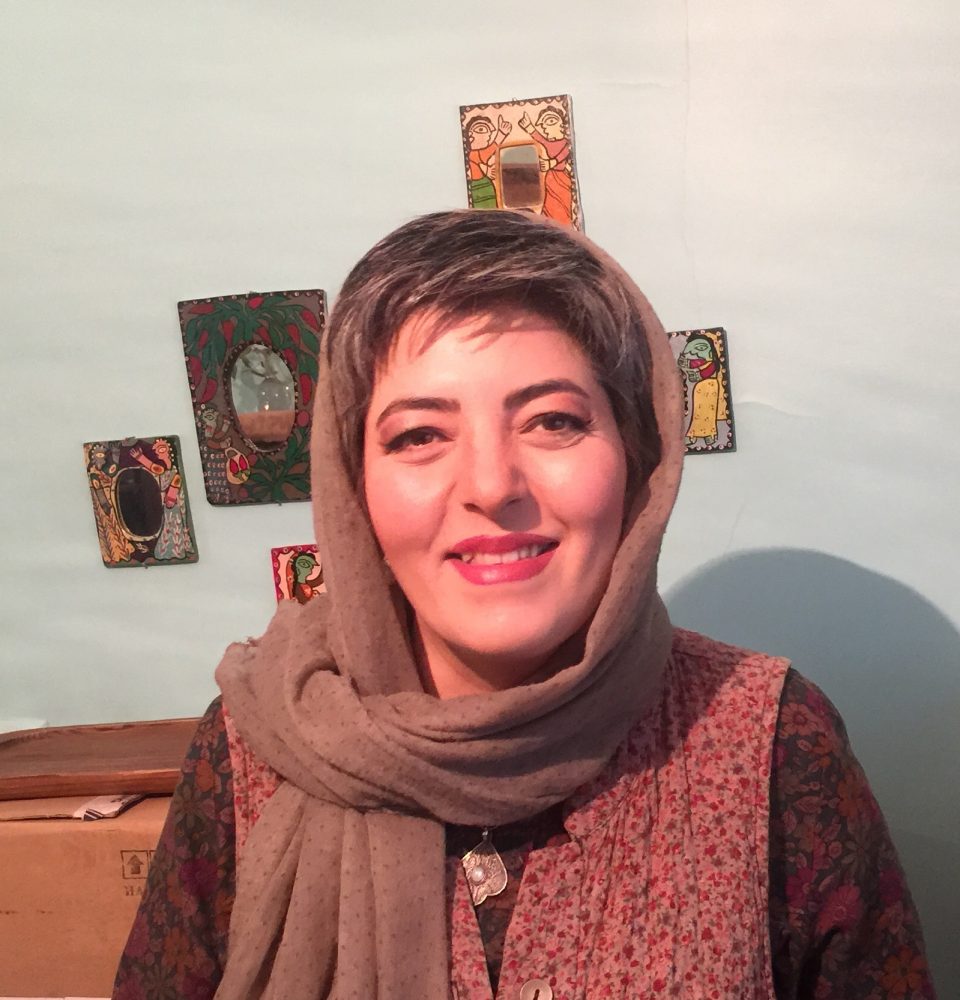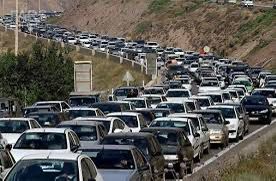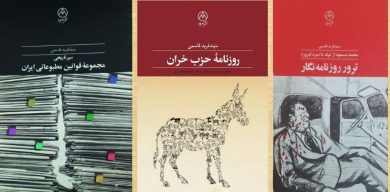
By Pooneh Nedai
Editor in chief of Shokaran magazine- Iran
(An Editorial of Setare Sobh daily)
TEHRAN: Iran has always been known as a land of diverse ethnicities, languages, and cultures. This diversity, while at times used by outsiders to create division, has also been a source of richness and civilizational pride for Iran. History has shown that no nation can overcome crises or move toward sustainable development without unity and national cohesion. For today’s Iran, unity and solidarity are not only a security necessity, but also a social and cultural asset that must be protected more than ever.
Iran is located in a sensitive geography; it has long been a crossroads of civilizations and today is a region full of tensions and global disputes. In such circumstances, any internal division can provide an excuse for foreign interference. The experience of neighboring countries clearly shows how the absence of national cohesion can lead to social collapse, civil war, and the destruction of national resources. In contrast, the Iranian people, despite all pressures and threats, have always preserved their independence and territorial integrity through unity and solidarity.
But national unity cannot be achieved only by slogans or calls for sympathy. Real cohesion happens when all groups in society—regardless of ethnicity, religion, language, or political views—feel that they have a share in the country’s future and that their rights are recognized. In other words, unity is not about denying differences, but about respecting them and using this diversity to build a shared future.
Iran’s integrity depends on accepting the reality that all Iranians, regardless of ethnic or religious background, are members of one family. Kurds, Baluchis, Turkmens, Arabs, Lors, Turks, Persians, and other groups are all parts of one nation, and ignoring or marginalizing any of them weakens society as a whole. Local languages and cultures are not a threat to unity but a cultural asset that strengthens national identity. Providing equal opportunities for the economic development of disadvantaged regions and listening to the voices of all communities are essential for strengthening unity.
National cohesion will last only if people feel that their voices are heard in the public sphere. Ignoring civic and social demands weakens unity instead of strengthening it. On the other hand, accepting diversity and creating space for dialogue and understanding build public trust and reduce divisions.
Today, as Iran faces multiple challenges such as economic pressures, foreign sanctions, and environmental issues, it needs unity and solidarity more than ever. But this unity must be built on mutual trust, social justice, and respect for diversity. Iran’s future depends on ensuring that all Iranians feel they have a role in shaping tomorrow and that dignity and belonging are guaranteed for everyone in this land.
Let us remember: Iran is the common home of us all




